Press conference with Guy Barnett, Minister for Primary Industries and Water; Mark Kable, Tasmanian Agricultural Productivity Group (9:45); Sheralee Davies, CEO Wine Tasmania (11:42); Howard Hansen, Vice-President Fruitgrowers Tasmania (16:32).
Tasmanians will be encouraged to take up agricultural jobs to replace seasonal workers. The state government’s new $1.9 million (over 2 years) Agricultural Workforce Resilience Package aims to assist with mobilising Tasmanians to help with the upcoming planting, production and harvest seasons.
Guy Barnett, Minister for Primary Industries and Water said there was a need to attract and retain an effective seasonal workforce in light of COVID-19.

Guy Barnett and other speakers at the announcement.
“Many agricultural enterprises in Tasmania, such as horticulture and viticulture, have a seasonal peak demand for harvest workers for picking and processing from spring through to summer,” Barnett said. “COVID-19 will create labour challenges for the coming harvest seasons and we need to position our agricultural businesses so that they can adapt and respond to these labour force disruptions.”
He said that now is the best time for Tasmanians to produce local, harvest local and buy local.
“We’re saying Tasmanians first. So we’ll be providing funding support for advertising for registration of those needs, working with the industry, whether it’s in skills development, training, development, education and awareness…support for transport for training, and to get the job done.”
According to Barnett the Agricultural Workforce Resilience Package also addresses several recommendations from the PESRAC Report to support industry to attract and retain local workers to help meet immediate labour needs for the coming harvest season.
The package includes
- ‘Feed our state’ local agricultural jobs campaign linked to the national harvest trail and to encourage Tasmanians who are struggling to find employment to consider a new career option.
- A 2-year boost to the Strategic Industry Partnership Program to co-invest with the industry peak bodies and organisations to support industry resilience, promotion and targeted skills, training and workforce development.
- A Strategic Industry Partnership Program industry sponsored boost to regional transport.
- An extension to the Farmpoint hotline and AgriGrowth liaison officers to provide a critical single point of contact for primary producers.
- A boost to Safe Farming Tasmania to ensure new agricultural employees are workforce ready and to provide COVID safe workplaces.
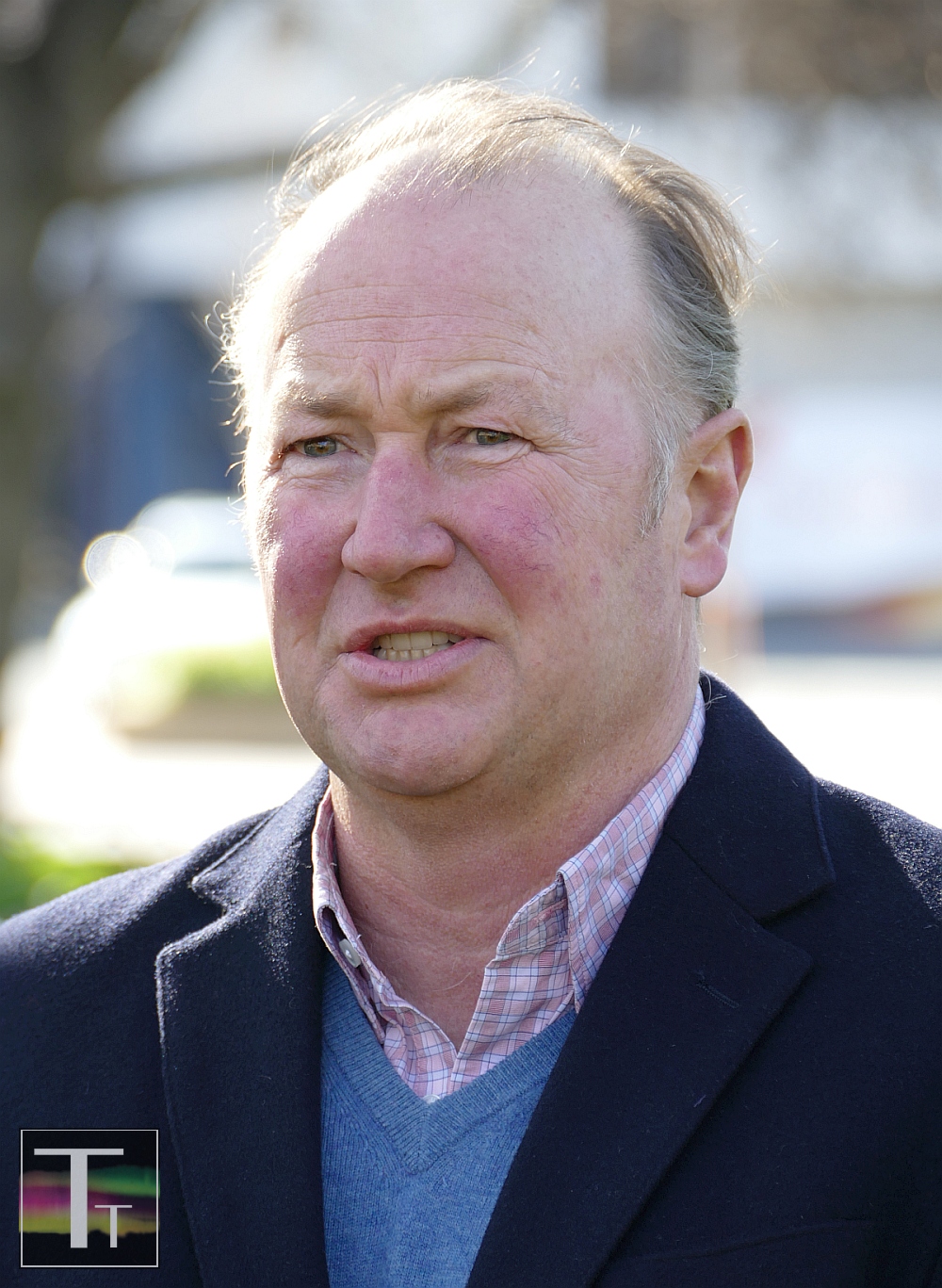
Mark Kable.
A roundtable is also being established to oversee implementation of a range of actions to support the needs of Tasmania’s seasonal workforce following a comprehensive survey by DPIPWE in consultation with industry.
Mark Kable of Tasmanian Agricultural Productivity Group said the industry support was welcome.
“It’s only hot off the press so we’re not really sure how it’s going to help, but any work towards getting more local workers in the workforce will definitely be a positive so we’re all for it,” he said.
Kable explained that is his own vegetable business Harvest Moon he bulk of their workforce are locals, but at critical times of the season it was usually necessary to bring extra workers in to finish the season off.
“If we can’t do that, well, there’s going to be a lot of a lot of disappointment in our industry.
There’ll be a lot a lot of crops that won’t be picked.”
Sheralee Davies, CEO of Wine Tasmania, said that they were in a slightly better position due to their key harvest period being further away, around March onwards.
The wine industry, however, was still doing it tough with reduced income from sales.
“Our key customers are have been traditionally visitors to our cellar doors and visitors to restaurants both in Tasmania as well as around the country,” she told Tasmanian Times. “So you can understand with restrictions on both of those, the impact has been very severe.”
Davies gave a thumbs up to the government initiative announced yesterday to encourage more intrastate visitation to regional areas. “That’s exactly where our cellar doors are located, so we’re we’re seeing that as a positive thing.”
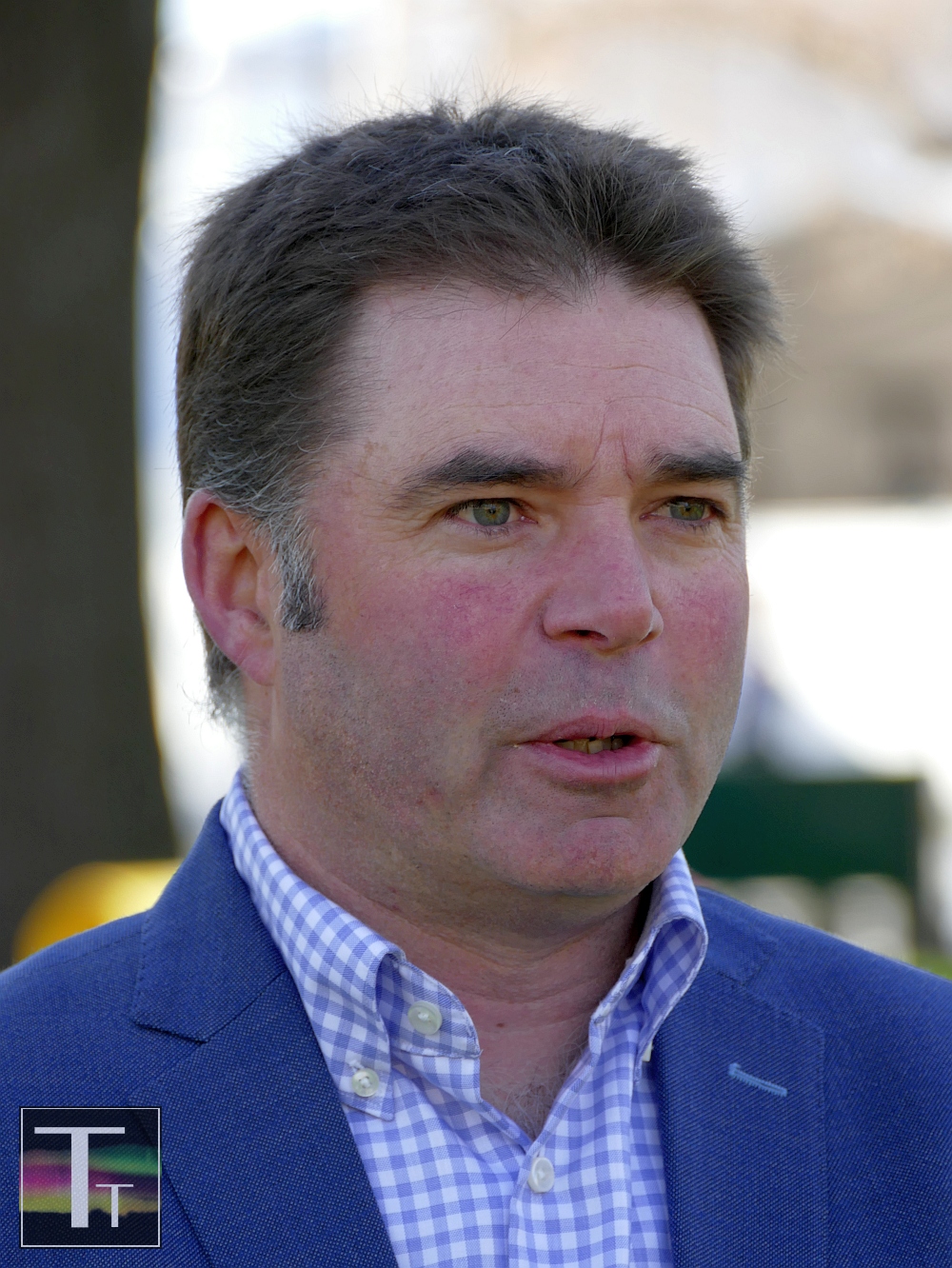
Howard Hansen.
The fruit sector is ‘very nervous’ about the upcoming harvest season according to Howard Hansen, Vice-President of Fruitgrowers Tasmania.
“Any funding that’s going to assist in help solve the seasonal worker problem, we will welcome with open arms,” he said. “We don’t know if it’s going to be enough…we don’t know enough about the situation yet. I think what the minister has outlined today shows a government that is prepared to adapt, improvise and try to overcome the problem to assist the industry.”
Looking ahead to the cherry harvest season which runs from late December through to about the middle of February, he noted that air freight availability could remain a problem.
“All Tasmanian product is exported,” he said. “In the past it’s been airfreighted, it’s always travelled in the bellies of passenger flights. Obviously at the moment there are next to no passenger flights, so there’s very limited air freight space available.”
Agriculture is an important sector of the state’s economy with a farm gate value of $1.64 billion (2018-19) increasing to a processed food value of $4.86 billion for land-based agriculture.

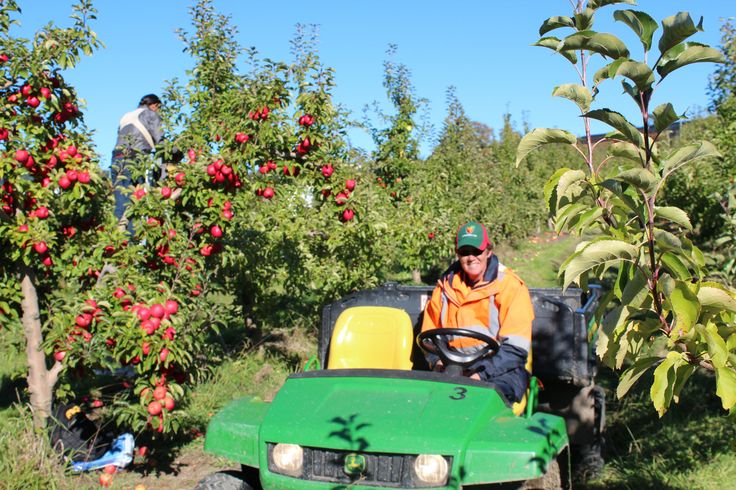
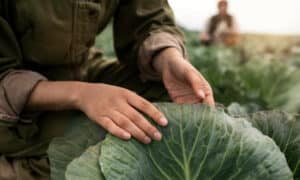



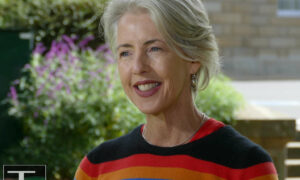





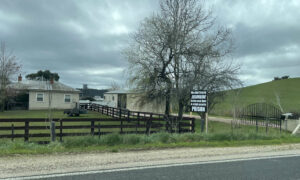













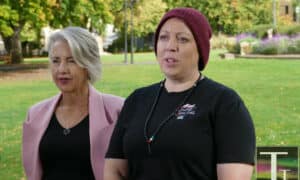

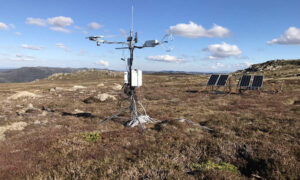

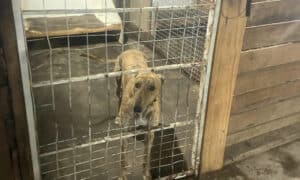



mjf
August 21, 2020 at 13:50
I love these media announcement assemblages.
Clearly Barnett and Co are a little more socially distant than Cassy O’Connor and the gathered throng for her STT FSC audit lambasting.
I would have thought the elected barometer of social sentiment would have been a little more mindful, but then not even she has eyes in the back of her head.